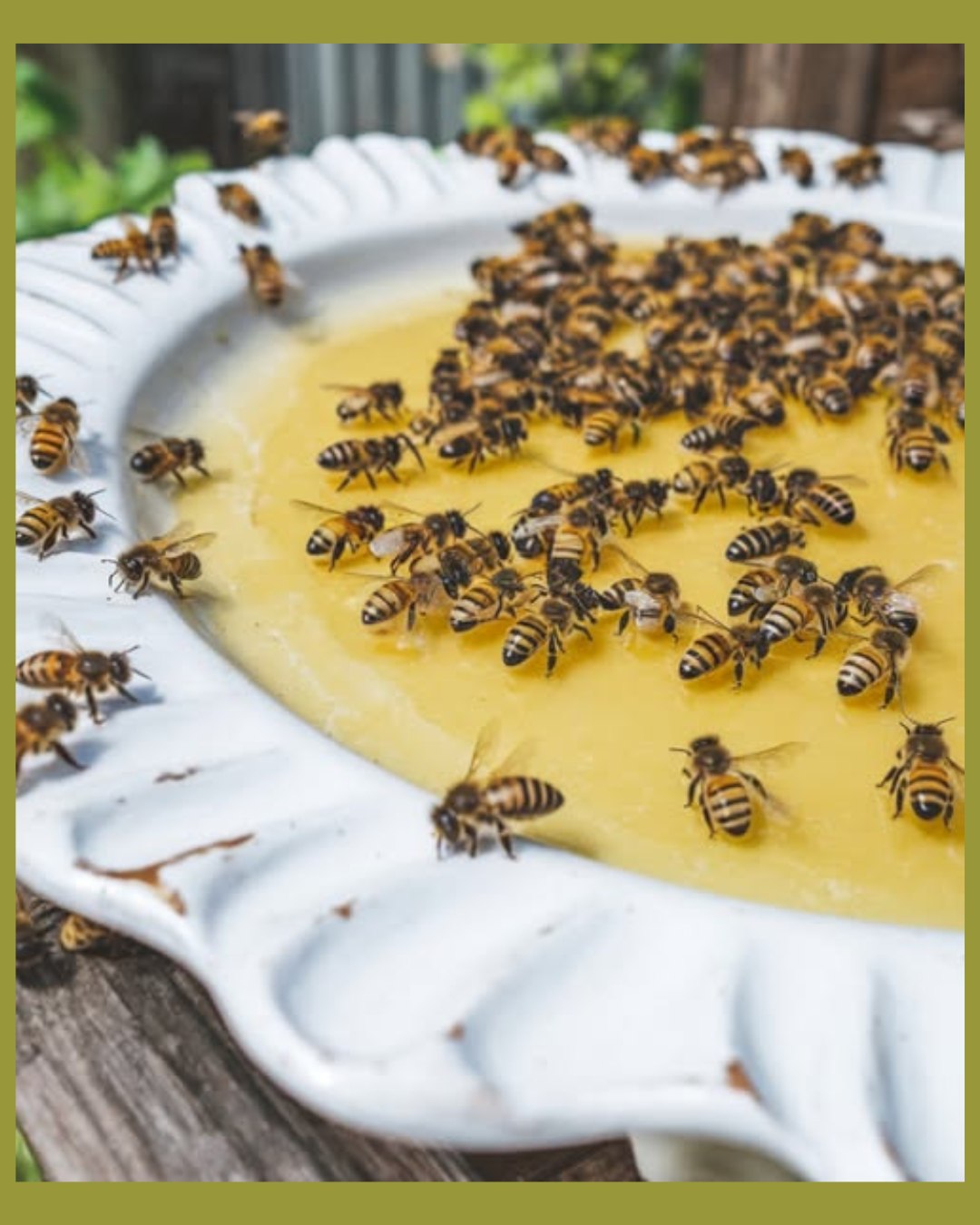ADVERTISEMENT
How to Support Bees in the Summer: Simple Ways to Help Protect These Essential Pollinators
As the summer months approach, it’s crucial to remember the role that bees play in our ecosystems and food production. These tiny, hardworking creatures are responsible for pollinating a large percentage of the world’s crops, including fruits, vegetables, and flowers. Yet, due to various environmental challenges, including habitat loss and pesticide use, bee populations are declining at an alarming rate.
If you’re passionate about protecting these important pollinators, there are many simple ways you can help support bees during the summer. By making a few changes in your garden, lifestyle, and community, you can contribute to the health and survival of these fascinating insects. Let’s dive into some of the most effective ways to support bees in the warmer months.
1. Plant Bee-Friendly Flowers and Plants
Bees are attracted to a wide variety of flowers, especially those that are rich in nectar and pollen. By planting bee-friendly plants, you can provide a valuable food source for them throughout the summer.
- Native wildflowers like sunflowers, lavender, and coneflowers are particularly beneficial because they’ve evolved to attract local bee species.
- Herbs such as thyme, basil, and mint are also great for bees and will thrive in your garden.
- Trees and shrubs that produce blossoms, like fruit trees (apple, cherry, etc.), provide ample nectar to help feed the bees.
By including a wide range of plants in your garden, you can create a bee buffet that keeps them coming back for more.
2. Avoid Using Pesticides and Chemicals
Pesticides can be deadly to bees, even in small doses. Chemical treatments can harm bees directly, or they can contaminate the nectar and pollen that the bees collect and bring back to their hives. To support bees, try the following:
- Opt for organic gardening practices instead of using pesticides and herbicides. There are many natural alternatives for pest control, such as neem oil, diatomaceous earth, or introducing beneficial insects like ladybugs.
- Use companion planting to keep pests away without harming pollinators. For example, planting garlic and onions can help deter aphids, which are pests for many plants.
By reducing or eliminating chemical use in your garden, you are creating a safer environment for bees to thrive.
3. Provide a Water Source
Bees need water, just like any other creature. On hot summer days, they may struggle to find a reliable water source. You can help by creating a small bee-friendly water station in your garden.
- Place a shallow dish or birdbath in a sunny spot, and fill it with fresh water.
- To prevent bees from drowning, add small stones, pebbles, or twigs to the water so the bees have a place to land while drinking.
- Ensure the water stays clean and topped up, especially during periods of intense heat.
A simple water source will not only help bees hydrate but also encourage them to stick around your garden.
4. Create a Bee Habitat with Wild Spaces
One of the most effective ways to help bees is by creating a natural habitat that mimics their preferred environments. A wild, messy space in your yard can act as a haven for bees to forage and nest.
- Leave some areas of your garden undisturbed by allowing wildflowers and grasses to grow, as these provide essential habitat for native bees and other pollinators.
- Consider setting up a bee hotel or nesting site for solitary bees. You can create these by drilling small holes in untreated wood or by buying a pre-made bee house.
- Avoid mowing your lawn too often during the summer. Allowing wildflowers and native plants to bloom in grassy areas provides food and shelter for pollinators.
By creating a natural, wild space, you’re not just helping bees, but you’re also supporting the wider biodiversity of your local ecosystem.
5. Support Local Beekeepers
One of the best ways to support bees is by supporting local beekeepers who help sustain bee populations. Beekeepers play a critical role in protecting and maintaining healthy hives.
- Buy local honey: Purchasing honey from a local beekeeper ensures that you’re supporting their efforts while enjoying a natural product that’s free from chemicals.
- Spread awareness: Support initiatives that promote the well-being of bees and advocate for stronger protections for pollinators.
Supporting local beekeepers helps create a sustainable relationship between humans and bees, ensuring a bright future for these essential creatures.
6. Educate Others About the Importance of Bees
Raising awareness about the importance of bees and how we can help them is a crucial step in protecting them. The more people understand the role of bees in pollination and food production, the more collective action can be taken to safeguard them.
- Share information about bee conservation on social media.
- Educate your friends, family, and community about bee-friendly gardening and sustainable practices.
